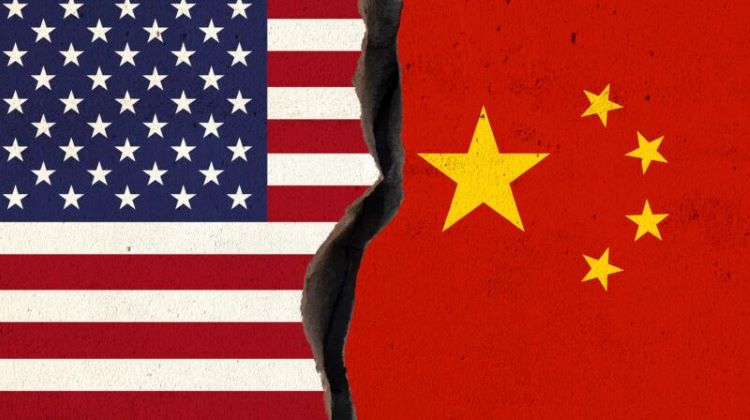Anamika Dey, editor
Synopsis
- China’s Foreign Minister Wang Yi adopted a more conciliatory tone toward U.S. relations during Friday’s news conference, emphasizing “peaceful coexistence” and potential partnership, despite earlier harsh rhetoric from the ministry following new U.S. tariffs imposed by President Trump.
- Tensions between the U.S. and China have escalated recently with Trump implementing 10% tariffs on Chinese imports and China retaliating with targeted levies on U.S. agricultural products, though Chinese Commerce Minister Wang Wentao has indicated openness to trade discussions.
- Wang Yi affirmed China’s continuing friendship with Moscow while expressing desire for “lasting peace” in the Russia-Ukraine conflict, supported a two-state solution for Gaza, and stated that “unjustified external suppression” has not hindered Chinese technological advancement.
Detailed
BEIJING – During a high-profile news conference on Friday, China’s Minister of Foreign Affairs Wang Yi struck a more conciliatory tone on U.S. ties. This is in contrast to the more harsh rhetoric that occurred earlier in the week when the ministry was speaking about the United States.
Despite the fact that Wang stated that the United States should not apply “arbitrary tariffs” or reward goodwill with animosity, he highlighted that the two countries will both be a part of the globe for a significant amount of time, which necessitated “peaceful coexistence.”
“Given the extensive common interests and broad space for cooperation, it is fully possible for China and the United States to become partners helping each other succeed,” Wang said in Mandarin, according to an official translation of his statement which was made available to the public.
He spent a significant portion of the news conference, which lasted approximately ninety minutes, discussing China’s attempts to develop relations with other countries and to support the interests of nations that are not often associated with the West.
In addition to this, Wang is the director of the office for international relations within the central commission of the Communist Party of China, which makes him the most senior diplomat in the country. As he addressed the media, he was participating in China’s annual parliamentary conference, which is commonly referred to as the “Two Sessions.”
It was shortly after China responded to the increasing trade tariffs imposed by President Donald Trump of the United States that he made his statements.
According to a statement that was published on X on Wednesday, the Chinese Embassy in the United States stated, “We are ready to fight until the end if war is what the United States wants, whether it be a tariff war, a trade war, or any other type of war.”
Over the course of the past few days, tensions between the United States of America and China have increased. A further 10% of tariffs were put on Chinese imports by President Trump earlier this week. In response, Beijing retaliated by imposing targeted levies on agricultural products from the United States and imposing restrictions on certain enterprises from the United States.
During a meeting with media on Thursday, the Chinese Minister of Commerce, Wang Wentao, suggested that Beijing was open to meet with the United States for discussions over trade.
Conflict between Russia and Ukraine
Wang stated on Friday that China’s friendship with Moscow would not change, but that Beijing wants to play a constructive role in creating “lasting peace” in the conflict between Russia and Ukraine. Wang also stated that China continues to preserve its friendship with Moscow.
Wang supported for a two-state solution regarding Gaza and stated that the current scenario only indicated halfway progress toward such a resolution. He expressed this in response to the current situation.
In addition, China’s Minister of Foreign Affairs stated that “unjustified external suppression” has not impeded the advancement of Chinese technology. He also asserted that Beijing is prepared to share its scientific advancements with other nations rather than keeping them to itself.
China aims to boost expenditure on diplomatic activities by 8.4%, compared to a 6.6% growth in spending on diplomatic endeavors in the previous year, according to a proposed budget for government spending that was announced this week.
Source : CNBC news




